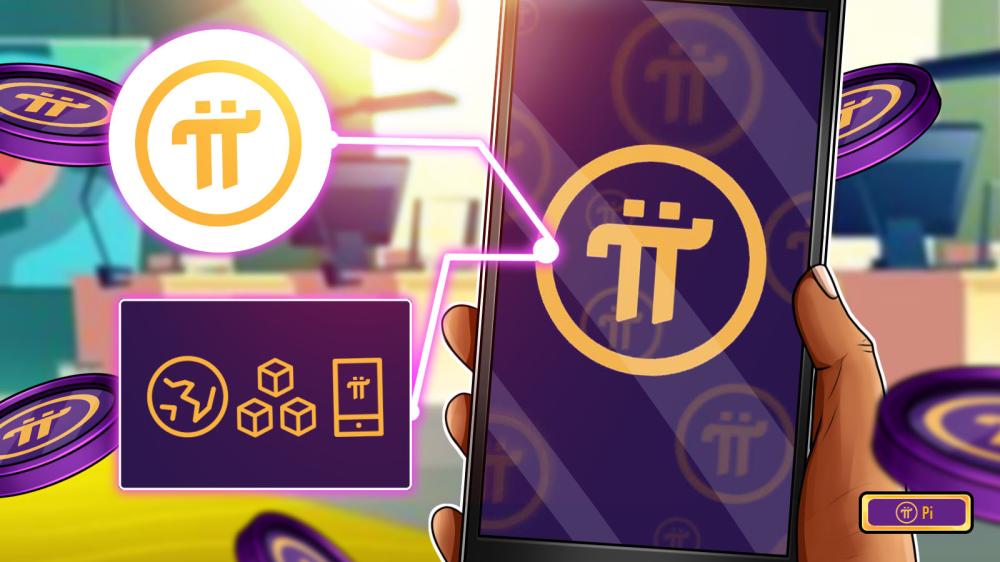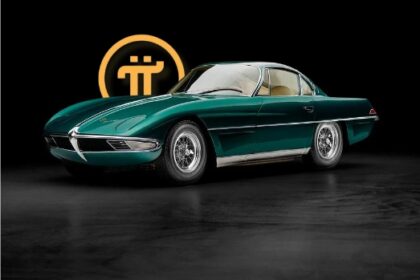Various claims of Samsung and Huawei collaborating have surfaced over the last few days. According to the article, Huawei has offered several companies permission to use some of its 5G and non-5G patents, including Samsung and Oppo. According to a recent story from The Elec, Samsung recently gave Huawei access to 98 patents that it had previously possessed in the United States. The 81 patents that Samsung gave to Huawei in 2019 are included in this. The South Korean business has given Huawei 179 patents in total so far.
To resolve their patent issue, Samsung and Huawei agreed to a cross licensing agreement in 2019. Samsung probably transferred enough patents to Huawei to make up the shortfall in their cross licensing agreement. This period of time is probably associated with the agreement’s renewal. The patents in question cover a variety of topics, including telephony, charging, cameras, displays, and more. Additionally, several American family patents that are registered in Korea have been assigned.
Sometimes one side pays more license costs than the other in a cross-licensing agreement. This results from disparities in the quantity and caliber of patents held by the two parties. Similar cross license agreements were negotiated by Xiaomi and Microsoft in 2016; Xiaomi probably paid more.
Patent dispute between Huawei and Samsung
Huawei has more patents in the Samsung v. Huawei patent dispute, which concerns patents connected to communications. Samsung will probably transfer patents because the cross licensing agreement mostly pertains to 5G patents. Samsung and Huawei have different numbers of patents in this area. Since being forced by a number of circumstances to outlaw and split off the Honor mobile phone brand, Huawei has been focusing on increasing its patent licensing earnings. Indeed, the corporation has seen a rise in its patent revenue.
After Oppo Guangdong Mobile Communications Co., Ltd. and Huawei announced a global patent cross licensing agreement on 5G standards and other critical patent technology, Huawei and Samsung Group have also come to an agreement on their respective standard vital patent packages.
Deals involving patent cross-licensing typically entail the exchange of licenses for respectable patent rights between two or more brands that have strong patents, subject to specified restrictions. Cross-licensing of patents demonstrates the parties’ adherence to intellectual property laws. Additionally, it lowers the expense of using a patent. This is advantageous for fostering technical collaboration and R&D. Additionally, it offers the market better items.
New chip development is being formed by Samsung’s mobile division team
The market for mobile phones has not been kind to Samsung Exynos CPUs. Because of this, Samsung, although having its own chips, is compelled to employ high-end Snapdragon CPUs. The Galaxy S23 will use the SD8 Gen 2 chip internationally, Qualcomm said during the Q4 earnings call held last month.
The Samsung Galaxy S23, S23+, and S23 Ultra have all been identified on Geekbench. They all feature the Snapdragon 8 Gen 2 chip, according to the Geekbench listing. The Elec, however, is of the opinion that Samsung has not abandoned its plans to develop its own chips.
For many years, Samsung’s System LSI business was the supplier for the Exynos chips. From Samsung’s MX (Mobile eXperience) division, this is a different organization. A recent report claims that Samsung’s mobile division is now creating a new chip/AP development team. Executive vice president Choi Won-Joon will serve as the unit’s leader. He moved from Qualcomm to Samsung in 2016.
According to reports, Samsung will start offering its first unique custom chip for the Galaxy S series in 2025. But as of now, the company has no plans to introduce a new Exynos high-end chip in 2023 or 2024.
















